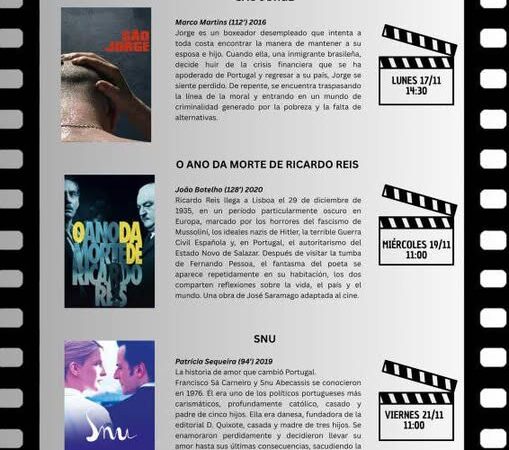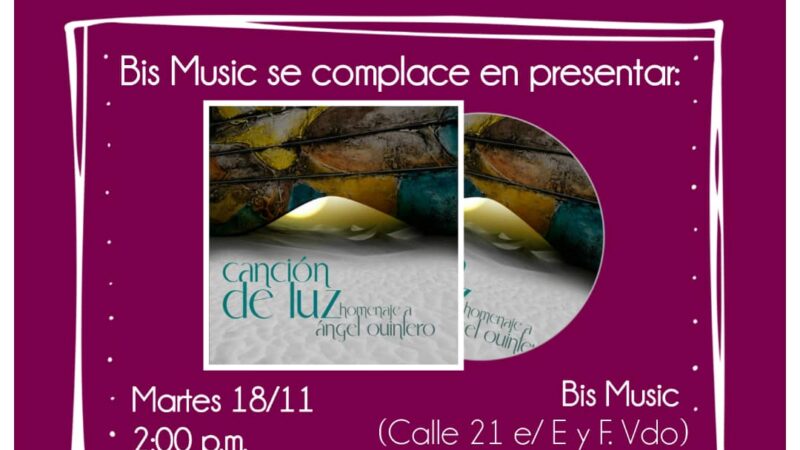Diverse Voices Affirm the Imperative of Safeguarding National Culture
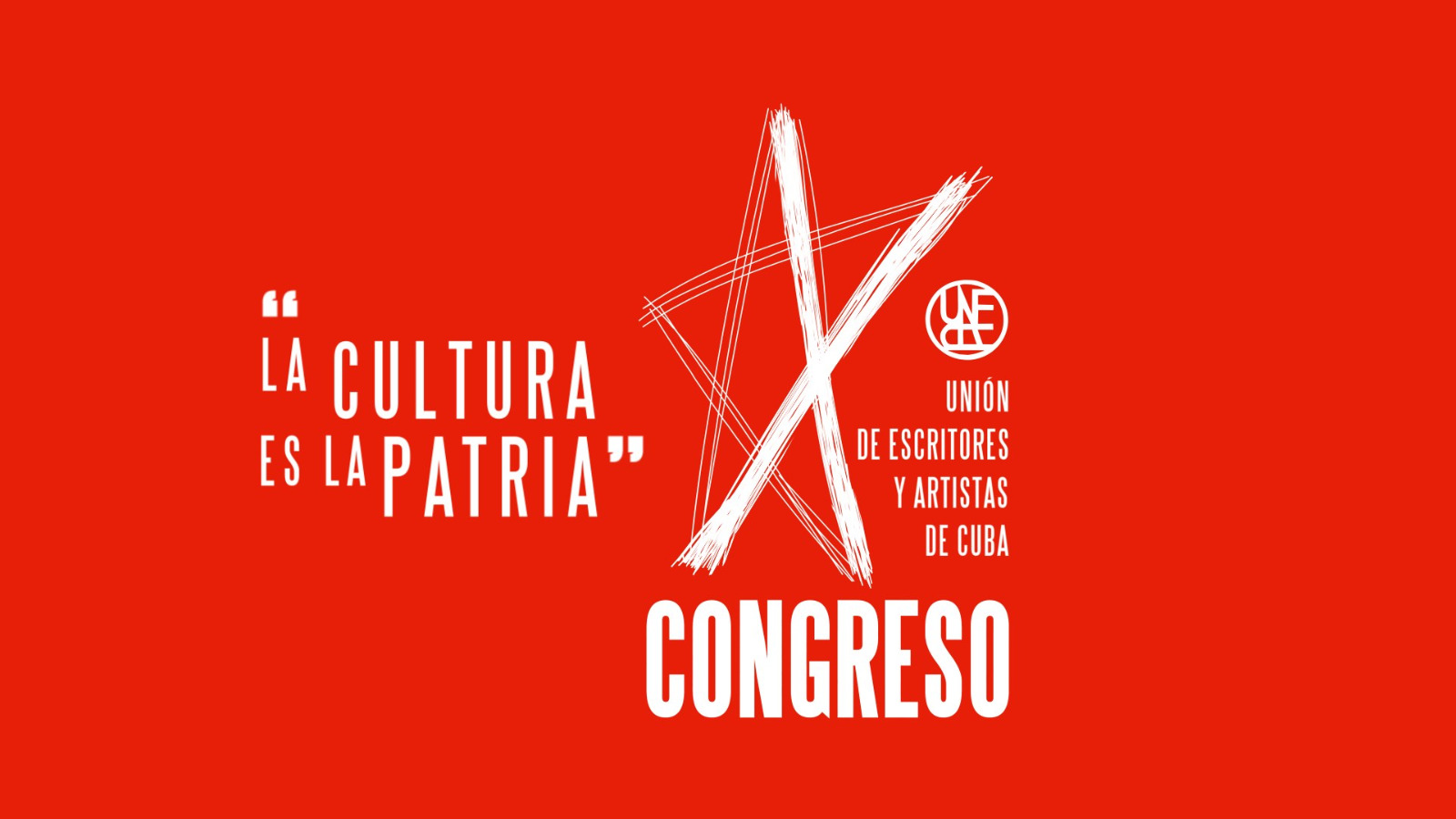
A key figure in the preservation and advancement of dance in Cuba, Regina Balaguer, director of the prestigious Ballet de Camagüey, is preparing to participate in discussions at the 10th Congress of the Union of Writers and Artists of Cuba (Uneac), scheduled for November 1 and 2 at the International Conference Center in Havana.
“Culture is the essence that nourishes our nation and our homeland. It defines our nationality and identity; thus, Culture is Homeland,” emphasizes Balaguer.
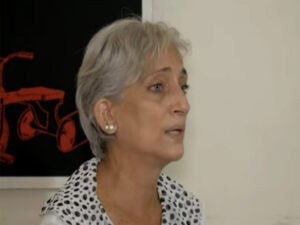
“Artists face numerous challenges, but I believe we are an integral part of the people. In this regard, the X Congress must transcend conventional discussions, particularly focusing on artistic education—encompassing dance, music, visual arts, and literature. We have a crucial role in shaping this education, ensuring that the artists of tomorrow not only preserve our nation’s legacy but also become creators who sustain our homeland’s culture, independent and sovereign.”
Another notable participant at the Congress is Fátima Patterson, National Theater Prize winner and director of the Makubá theater group in Santiago de Cuba.
“I have been involved in Uneac’s Congresses since the fifth edition, and I take great pride in this. The Cuban people always expect artists to voice their perspectives on current issues and significant societal challenges that need to be addressed,” Patterson asserts.
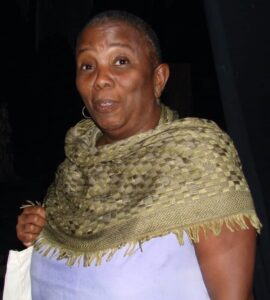
“Today, there is considerable discourse surrounding community engagement, but how do we truly implement this work? What will our impact be, and what improvements can we bring about? Are we executing this effectively? These are questions we must reconsider and analyze because artists’ involvement in the community should contribute to its enhancement and to our society as a whole.”
Patterson highlights the need to engage both young and older generations in activities as another vital topic for discussion at the Congress.
Recognized as an emblematic figure within Uneac, she acknowledges that, despite the complex context surrounding the Congress, it will serve as a vital space for reflection, debate, and exchange on the challenges facing the organization that embodies Cuba’s artistic and intellectual vanguard.
Among the number of voices advocating for culture and homeland is José Manuel Espino, president of the Provincial Committee of Uneac in Matanzas. He views the Congress as an opportunity to strengthen alliances among creators, cultural institutions, and other societal sectors.
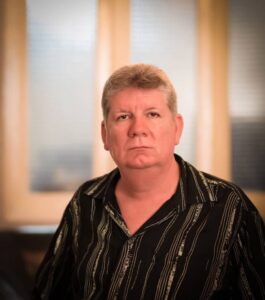
“This meeting is about responses, participation, and the transformative spirit associated with our organization. It is time for intellectuals to raise their voices in defense of the ethics of art and culture in our country,” he asserts.
“Our expectations in Matanzas are to foster a committed and revolutionary dialogue that truly addresses the daily challenges we face: engaging with communities, getting to know the people within them, and dispelling the myth that intellectuals are isolated in ivory towers. We must recognize that we are alongside our neighbors, working collaboratively,” concluded the writer from the Athens of Cuba.
Similarly, Ricardo Riverón Rojas, leader of the artistic vanguard in Villa Clara, advocates for the delivery of professional art that showcases the most authentic aspects of our Cuban identity and cultural traditions.
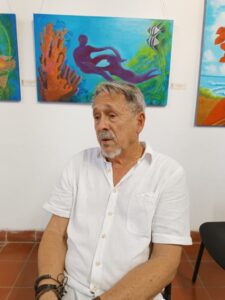
“At Uneac, I have found a platform to express my ideas, viewpoints, and projects, along with the support to bring them to fruition. I have always sought to make Uneac the ideal venue for promoting art and culture. Thus, I strive to create projects that introduce innovative elements rather than simply replicating those in existing institutions,” he states.
The narrator, poet, cultural promoter, and art critic from Villa Clara is convinced that “culture reaches deep into the essence of what it means to be human; it enables individuals to recognize themselves within a space, traditions, and identity. Culture defines the most strategic aspect of our homeland’s thought. The essence of the homeland is rooted in culture.”
Meanwhile, musician and arranger Conrado Monier from the eastern province views the upcoming Uneac gathering as a platform for discussing the importance of preserving Cuban cultural heritage and insists that creators must contribute to this endeavor.
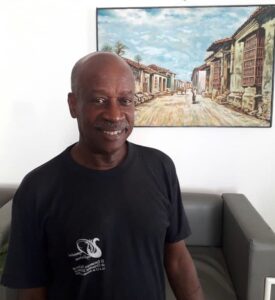
“Music, for me, encompasses everything: it reflects coexistence and embodies all that I feel and think. It is, in general, fulfilling. I believe each artist mirrors the society in which they operate, and culture is ever-present. The development and exploration of our roots are vital; for instance, in music, no foreign rhythm should replace our strong, deep, and rich heritage.”
“The foundation of Uneac in a province like Guantánamo is to ensure that all forms of art thrive. Here, we have interconnected and integrated diverse expressions. Despite our challenges, I maintain a strong connection with this organization, which I cherish. I am optimistic that it will significantly improve in nurturing and promoting values that will shape the artistic and musical future of our Revolution and our homeland.”
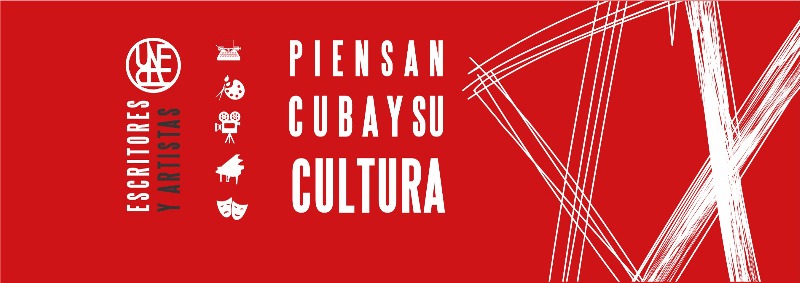
Translated by Luis E. Amador Dominguez


